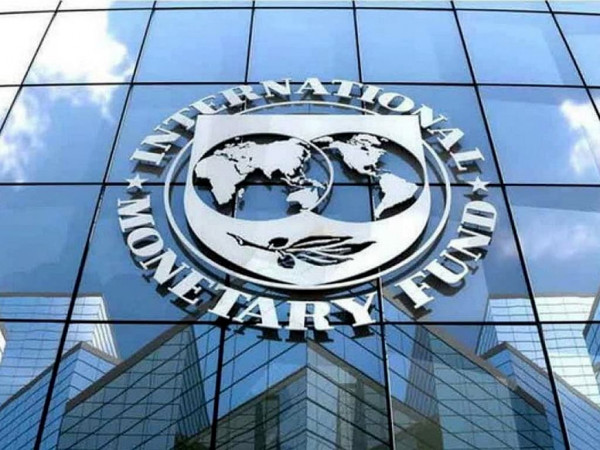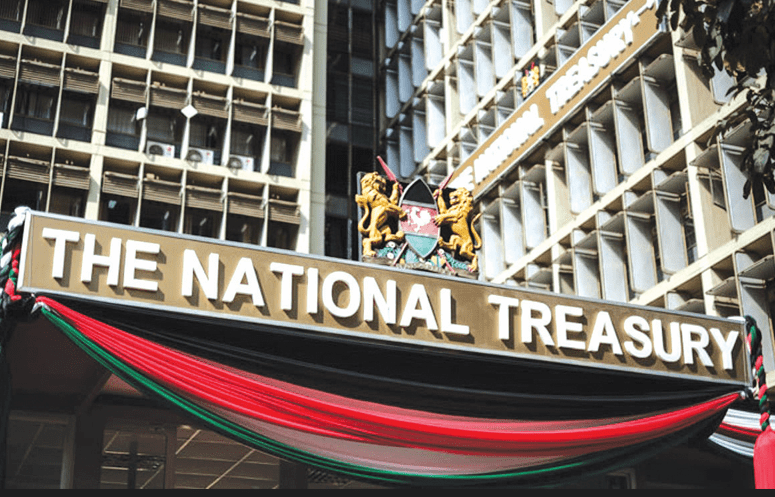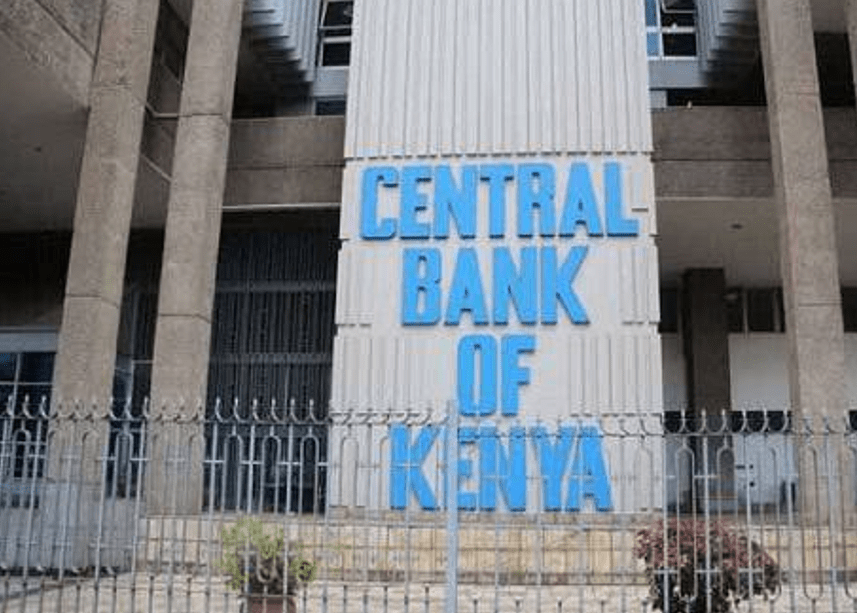Why Kenya is unlikely to meet IMF loan conditions

The International monetary fund’s ultimatum to have Kenya’s 18 State agencies restructured as part of its condition for the $2.34 billion (Sh280b) loans it granted in April 2021, may not be met, legal experts now say.
Appeals to privatise some of the loss-making entities like national carrier Kenya Airways (KQ), Kenya Postal Corporation (Posta) and Mumias Sugar Company Ltd among other parastatals, have been on the cards for years now – but experts privy to the tedious tasks involved in the privatisation procedure, now believe such plans may continue to remain just that, plans.
“Privatisation process under the Privatisation Act requires that the Privatisation Commission follows a lengthy and detailed process before the sale can be implemented. This results in the process being time consuming and puts off private investors given the uncertainties it presents,” Sammy Ndolo, managing partner at Cliffe Dekker Hofmeyr said. This, according to him, is also impacted by the retirement of commissioners whose absence he said, delay the implementation of the privatisation programme.
“The poor financial and management state of the government entities also usually results in a mismatch in price between what the investors are willing to pay and what the government expects to receive.As such, there is difficulty in finding suitable investors willing to pay a premium for the assets sought to be privatised,” noted Ndolo in an interview.
Private investors
Such concerns, including a change of government, which often has an impact of precedence, could now put in jeopardy planned privatisation appeals of some of the enterprises lined up for sale to willing private investors.
In a statement announcing the approval of the $2.34 billion loan to Kenya, IMF, among other tough conditions singled out nine key loss-making parastatals that will undergo a major overhaul to stop bleeding the public purse. National Treasury noted at the time that after a thorough financial assessment, the enterprises had an outstanding Sh170 billion in government-guaranteed debt as of December 2020.
Those firms include Kenya Airways, Kenya Railways Corporation, Kenya Power and three public universities were also in the initial list.
Also on the list are Kenya Broadcasting Corporation, Athi Water Works Development Agency and Kenya National Examinations Council, as well as Kenya Wildlife Service, Kenya Post Office Savings Bank, Kenyatta National Hospital and E.A. Portland Cement.
The Treasury analysis established that the State agencies in question have an estimated liquidity gap of Sh382 billion over the next five years.
The tone of privatisation debate has evolved in recent years in international financial institutions like the IMF and the World Bank, as privatization activity has shifted towards developing economies, and as a consequence of the difficulties of implementation and some privatization failures in the 1980s and 1990s.
As a result, more emphasis in policy-making is now being placed on creating the preconditions for successful privatisation akin to IMF’s recent demands.










